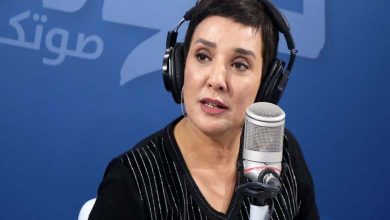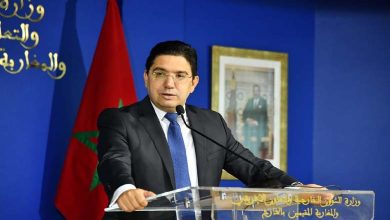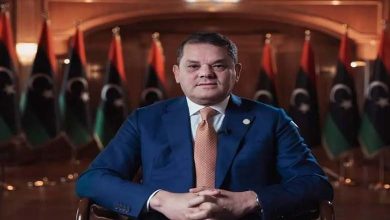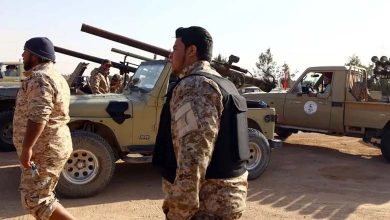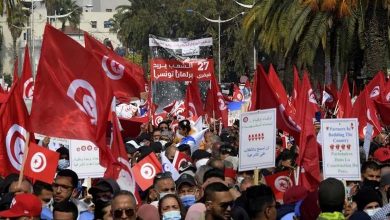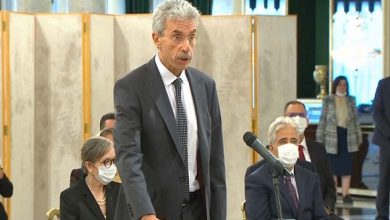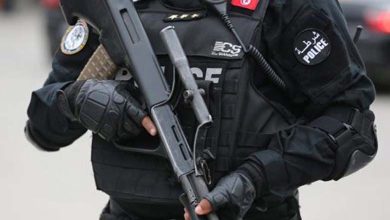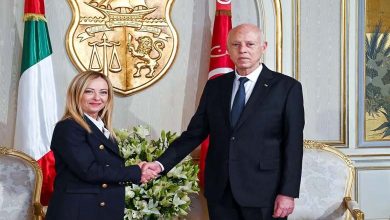Rabat refutes before the United Nations the absence of the criteria of “self-determination” on the Moroccan Sahara

Omar Hilal, Morocco’s permanent representative to the United Nations, stressed that the Moroccan Sahara does not meet the criteria of the United Nations in self-determination.
Speaking before the 24 Committee of the UN General Assembly, the Moroccan diplomat stressed that after the signing of the Madrid Agreement on 14 November 1975, the principle of self-determination as enshrined in Chapter XI of the UN Charter no longer applies to the Moroccan Sahara.
Absent conditions
Hilal elaborated on the number of preconditions that must be met in resolutions establishing the right to self-determination, such as resolutions 1514 and 1541.
One of the prerequisites was that the territory claiming self-determination should be “geographically separate and ethnically or culturally distinct from the country in which it was administering its affairs”.
This condition does not apply to the Moroccan Sahara in the first place, he said, adding that “a requirement of these requirements does not apply in the case of the Moroccan Sahara.”
“The Sahara is not geographically separated from Morocco, as it is the natural extension of the Kingdom of Morocco. Laâyoune, Smara, Bir Lahlou, Tifariti, Dakhla and Guerguarat are not separated from Sidi Ifni, Guelmim, Tarfiya and other areas in Morocco,” the spokesman said, adding that “these cities are not separated by a sea, a river or thousands of kilometers.”
“The tribal and ethnic components of the Moroccan Sahara are the same as those in the north of the country, the tribes in Laayoune and Dakhla are the same as the tribes of Sidi Ifni, Tarfaya and even more, and given the established pattern of living of the nomads, the extension of these tribes can be found in neighboring countries,” he added.
He added that the people of the Moroccan Sahara owe the same religion as the people of the rest of the Maghreb, namely Islam, explaining that “the call to the King, as Commander of the Faithful in Mosques, was made long before the arrival of the Spanish occupation, whether in Laayoune, Dakhla, Fez, Marrakech or Rabat.”
“The Arabic language and the Hassaniya dialect are the mother languages spoken in Laayoune and Dakhla, as in Tantan and Zag,” he said. Hassaniya culture is a common heritage of the desert and the kingdom’s northern regions. They are celebrated and protected as a national heritage throughout Morocco.”
Integral part
The spokesman recalled the legal, political and historical arguments of the Moroccan Sahara, recalling that “the Sahara has always been an integral part of Morocco, long before the Spanish colonization of it in 1884. It was only after its occupation by Spain that the name “Western Sahara” was given to it. During the colonial period, the Moroccan territory was divided into several zones of occupation by France, Spain and several international powers with regard to the city of Tangier.”
“Morocco has regained its territorial integrity in stages and through international agreements negotiated with various colonial powers. Thus, after gaining independence from France and regaining Tangiers in 1956, Morocco entered into negotiations with Spain, in accordance with the resolutions of the United Nations General Assembly, leading to a gradual recovery of the areas in the south of the Kingdom.
The spokesman said that Tarfaya in 1958, Sidi Ifni in 1969, and Saguia el-Hamra wa Wadi el-Dahab were all recovered on 14 November 1975 in accordance with the Madrid Convention. This Convention was duly registered with the Secretary-General of the United Nations on 18 November 1975 and ratified by the General Assembly of the United Nations by its resolution 3458 B of 10 December 1975.”
“The Moroccan Sahara was also affirmed by the advisory opinion of the International Court of Justice on 16 October 1975, which recognized that the Sahara was not a vacant land at the time of its occupation by Spain and established the existence of legal and historical links of sale between the Sahara tribes and the kings of Morocco,” Hilal said.
“This allegiance of the Moroccan people to the monarchy, from Tangiers to Lagouira, which is rooted in the long history of the Kingdom of Morocco, is the basis of Morocco’s sovereignty over all its territory, including the Sahara, ” he said.
“There is no reason to keep the Moroccan Sahara issue on the agenda of this Committee, nor the agenda of the Fourth Committee.
He continued : “The Charter of our Organization has established a separation between its organs and clearly distinguishes between its mandates. Therefore, in accordance with Article 12 (1) of the Charter of the United Nations on the powers of the General Assembly, the question of the Moroccan Sahara should be discussed exclusively in the Security Council”.
He concluded : “It is an issue that has been before this main body since 1988, because of the failure of OAU mediation, is being considered by the Security Council under Chapter VI of the Charter of the United Nations on the peaceful settlement of disputes, not the so-called question of decolonization”.


